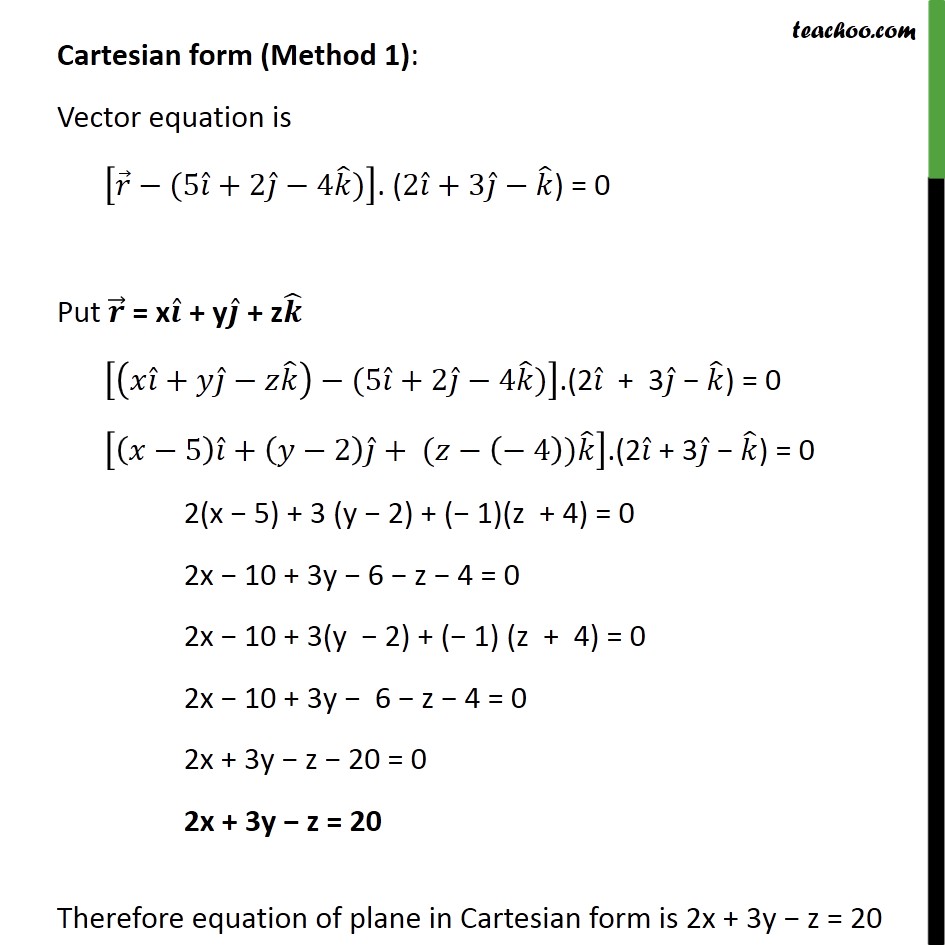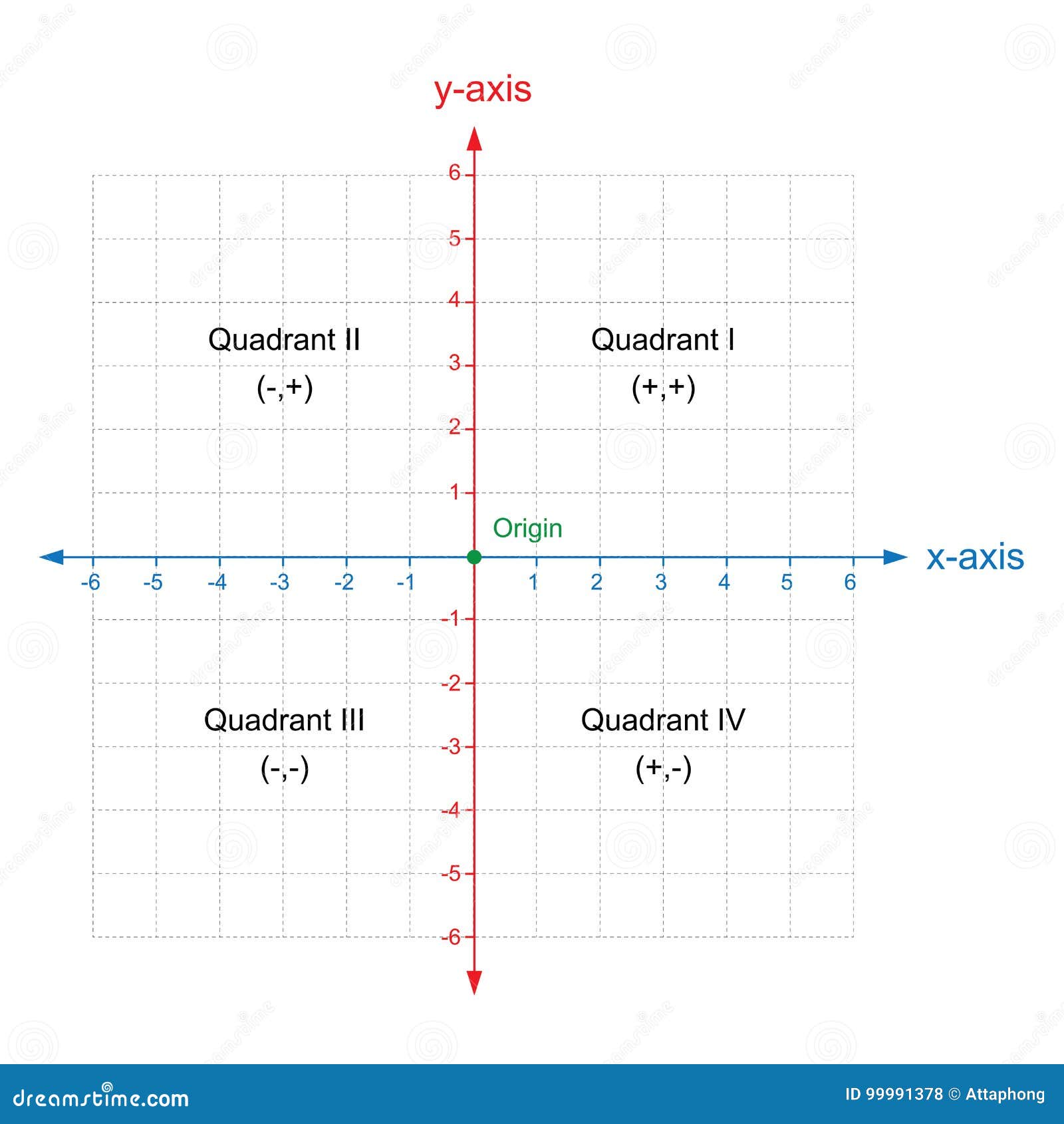

Their success was not only due to the exceptional performance of actors coupled with innovative special effects and CGI, but also deep philosophical underpinnings. The Matrix is one of the more creative movies to have emerged from Hollywood during the late 1990s – early 2000s. The ideas of a dreamworld are not exclusive to Descartes alone, as similar questions can be found in Plato’s works as well as in the rhetorical questions of a Chinese philosopher, Zhuangzhi. He argues that some dreams are capable of effectively fooling all five senses, thus making it possible for our reality to be an extension of it. He compares the world to a dream, which is extremely realistic and impossible to wake up from without the demon allowing you to. The part where Neo wakes up from his dream inside of a chamber is also related to Descartes’ argument against the reality of things. He reconfirmed the reality of his world by deconstructing it and then reconstructing it back, one belief at a time. In the case with Neo, the hypothesis is proven right, whereas for Descartes, it was proven wrong. Neo’s journey is the same as that of the philosopher, as both of them dared to examine the reality of their own surroundings. The choice for Neo in The Matrix is to either accept the illusion as a reality of things or to break out and see how the world actually works.
#Cartesian to zmatrix movie#
The premise of the movie is taken straight out of Renee Descartes’ original supposition, which states that the world around us is a lie and that it was created by a being with nearly omnipotent power in order to maintain status quo. The Connection Between Cartesian Skepticism and The Matrix

“I think, therefore, I am” is the legendary aphorism Renee Descartes became known for. That basis confirmed his own existence through conscious thought. In order to spot the deception, a person needs to test the sensation in order to reject and confirm it.īased on this premise, Descartes wrote several books, in which he carefully and painstakingly examined each and every thought and belief he had, until eventually finding one basis upon which he could build everything back from the ground up. The theory was based on the fact that all five senses that a person uses can be deceived, as they often are in the real world. His idea arose from a 5-minute challenge, which is a theory stating that the world around each and every one of us is only 5 minutes old and that everything, including memories and physical proof, was created by an evil demon with unlimited power to create and destroy. Renee Descartes, a prominent thinker in the Age of Reason, formulated the concept that was later named after him. The purpose of this paper is to explore the philosophical foundation of that theory and see how it is tied to the basis behind The Matrix. Nevertheless, the central piece behind the movie’s storyline is built around a philosophical concept known as Cartesian Skepticism. It draws numerous references to the philosophers of Ancient Greece and Ancient China and takes inspiration from various works of literature, such as George Orwell’s 1984, Alice in Wonderland, and Ghost in the Shell. It combines innovative and creative action scenes with impressive CGI and a surprisingly deep storyline, which makes one question the reality of the existing world. The Matrix, directed and filmed by the Wachowski brothers in 1999, is considered one of the movie classics of the 20th century.


 0 kommentar(er)
0 kommentar(er)
